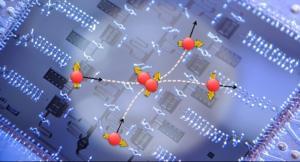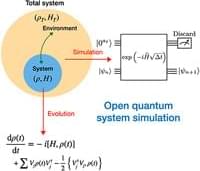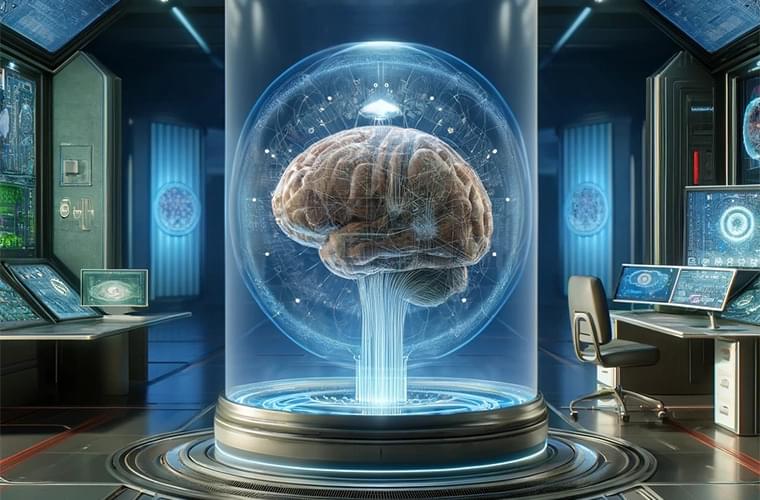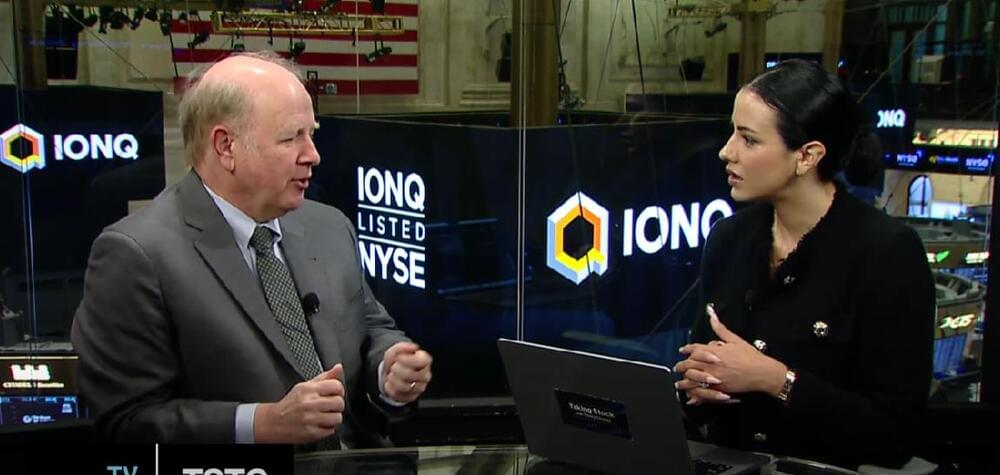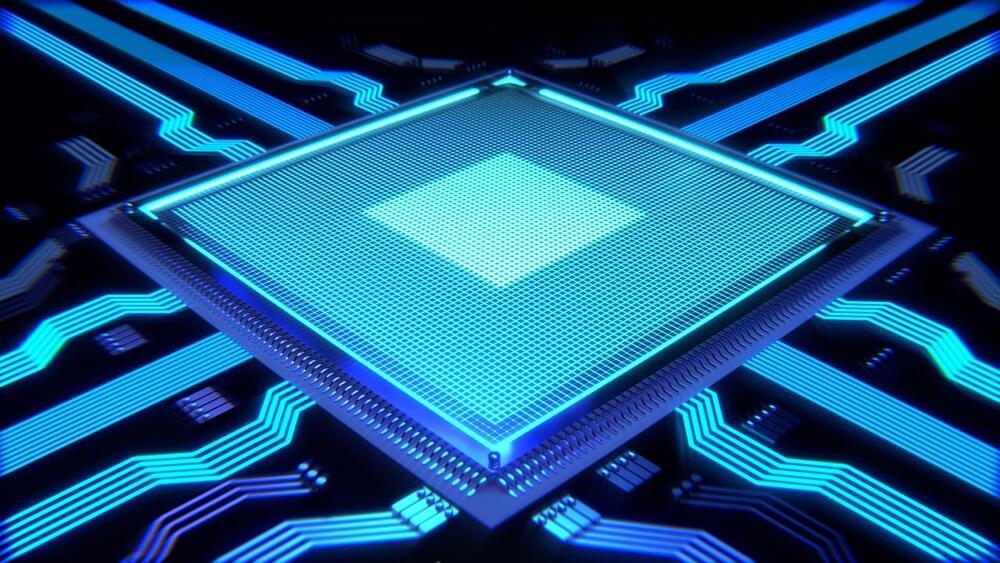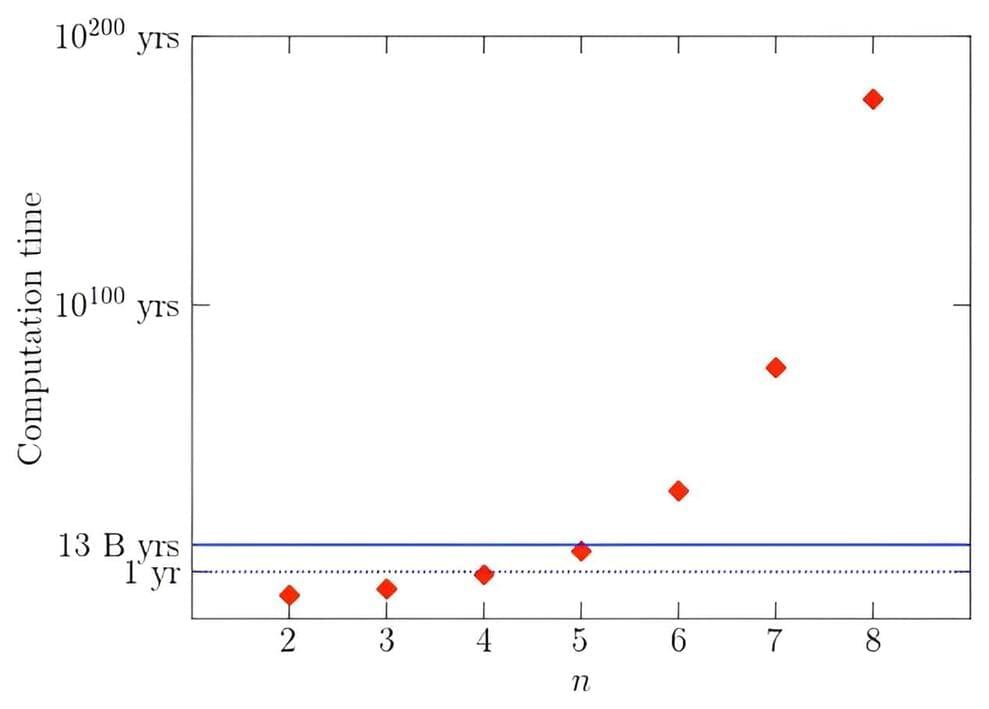BASEL, Switzerland — A reliable and ultra-powerful quantum computer could finally be on the horizon. Researchers from the University of Basel and the NCCR SPIN in Switzerland have made an exciting advancement in the world of quantum computing, achieving the first controllable interaction between two “hole spin qubits” inside a standard silicon transistor. This leap forward could eventually allow quantum computer chips to carry millions of qubits — a feat that would drastically scale up their processing power and potentially replace the modern computer.
First, we need to explain some of the high-tech terms involved in the new study published in Nature Physics. A qubit is the quantum equivalent of a bit, the fundamental building block of data in conventional computing. While a standard bit can be either a 0 or a 1, qubits can be both simultaneously, thanks to the principles of quantum mechanics. This allows quantum computers to handle complex calculations at speeds today’s standard computers will never achieve.
The concept of hole spin qubits might sound even more abstract. In simple terms, in the materials used for making computer chips, electrons (tiny particles with negative charge) move around, and sometimes they leave behind empty spaces or “holes.”

